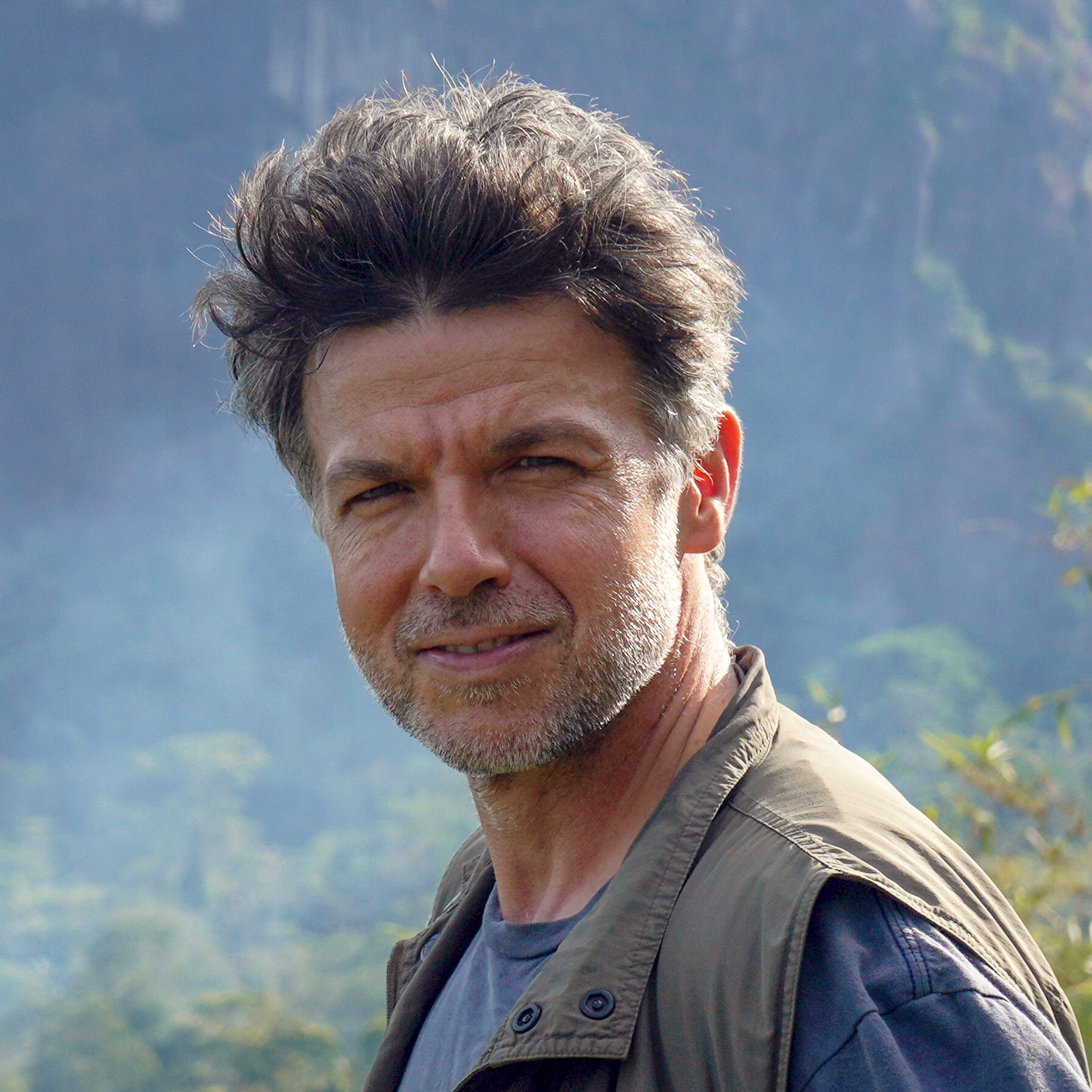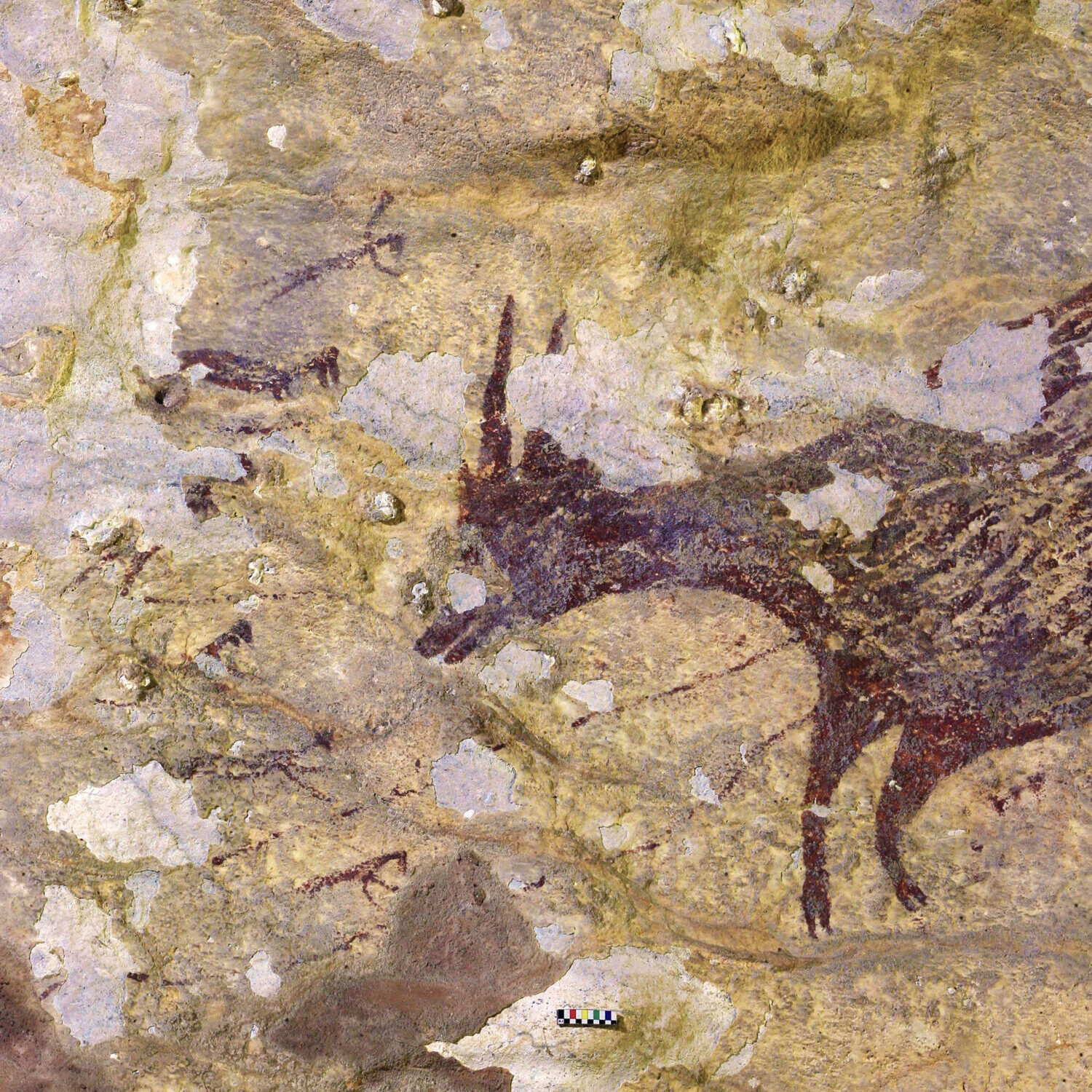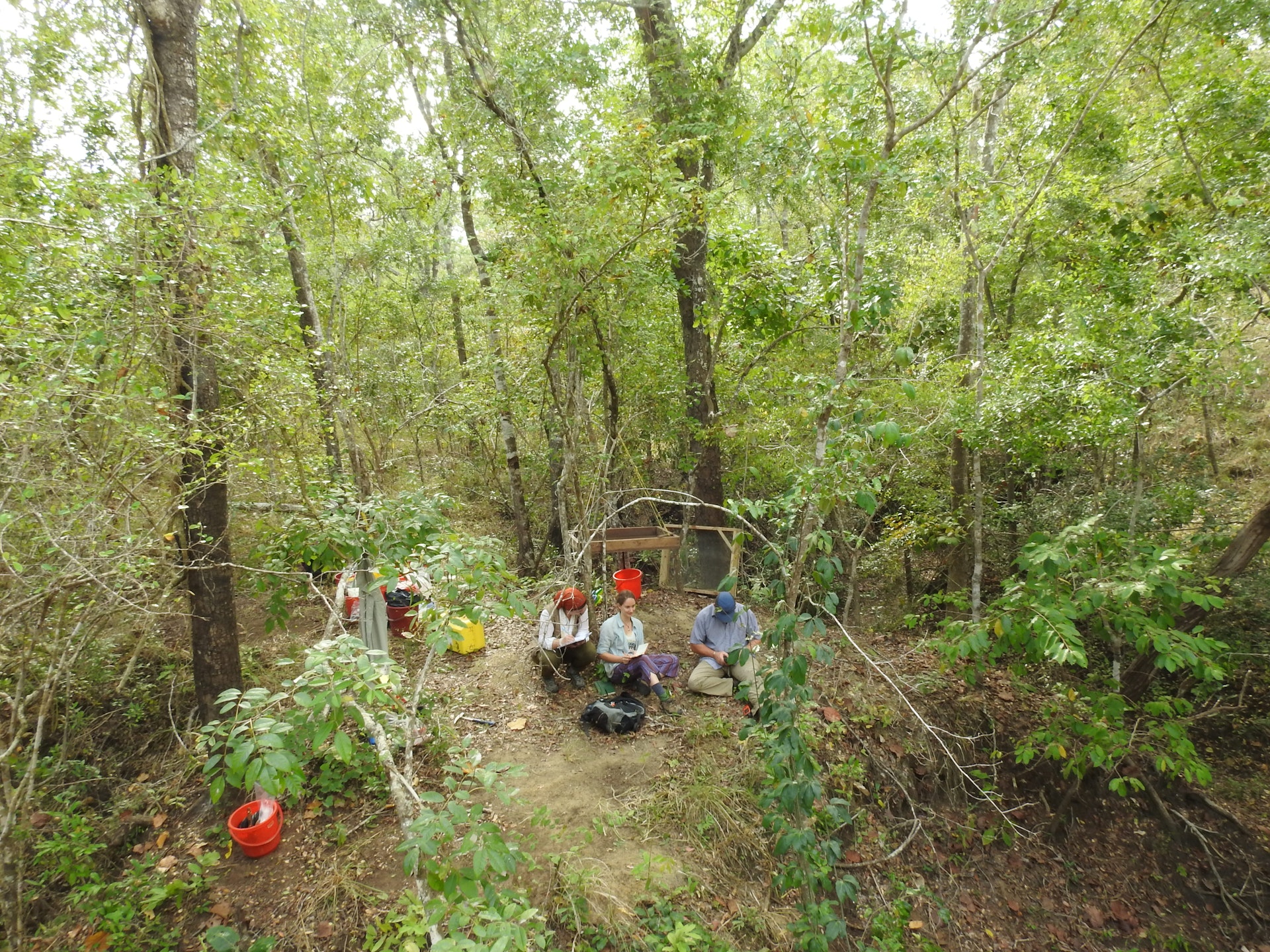
Lunch Break Science
Lunch Break Science is a monthly livestreamed web series featuring fascinating short talks on human evolution, engaging interviews, and lively Q&A with Leakey Foundation scientists.

Lunch Break Science
Lunch Break Science is a monthly livestreamed web series featuring fascinating short talks on human evolution, engaging interviews, and lively Q&A with Leakey Foundation scientists.

Lunch Break Science
Lunch Break Science is a monthly livestreamed web series featuring fascinating short talks on human evolution, engaging interviews, and lively Q&A with Leakey Foundation scientists.

SciCafe: Why Humans Are Unremarkable
American Museum of Natural History 56 West 81st St., New York, NY, United StatesIn this SciCafe, biological anthropologist Dr. Habiba Chirchir will explore the evolution of the slender-boned skeletons that characterize modern humans.

Fathers and Fatherhood: From Molecules to Modern Families
Virtual EventJoin a panel of experts for a day-long exploration of fatherhood, livestreamed from Yale University.

What does science say about race and racism in America?
Join Dr. Tina Lasisi and Circles of Voices in Baltimore to examine what it means to be human, and the ongoing impacts of racism in America.
Free
Origins: Morocco
Origins: Morocco is the 2025 Leakey Foundation Fellows Tour, taking travelers from Casablanca to Marrakech, exploring archaeological sites, Berber villages, and the Atlas mountains.

Meet a Scientist: Uncovering Indonesia’s Human Past
Field Museum 1400 S DuSable Lake Shore Dr., Chicago, Illinois, United StatesMeet a scientist! Drop by the Field Museum's Grainger Science Hub to meet archaeologist Adam Brumm and learn about Indonesia's human past.

First Stories: The Ice Age Art of Sulawesi
Field Museum 1400 S DuSable Lake Shore Dr., Chicago, Illinois, United StatesHear about the discovery of the oldest representative cave art in the world. Join Professor Adam Brumm at the Field Museum in Chicago or online to explore the Ice Age art of Sulawesi.

Hobbits & Hops: The Origin of Homo floresiensis
Revolution Brewing - Brewery & Tap Room 3340 North Kedzie Avenue, Chicago, IllinoisJoin the Chicago Council on Science and Technology, The Leakey Foundation, and Professor Adam Brumm, for an evening of socializing and science!

Eastern Africa’s coastal forests and hominin origins
Virtual EventJoin paleobiologist and evolutionary anthropologist René Bobe to learn about Eastern Africa's coastal forests and their role in our evolution.

Apes on the Edge
The Houston Museum of Natural Science 5555 Hermann Park Drive, Houston, TX, United StatesJoin primatologist Dr. Jill Pruetz to learn about the unique community of savanna-dwelling chimpanzees she's been studying for more than 20 years
$12 – $18
Events
Archives: Events
12 events found.









